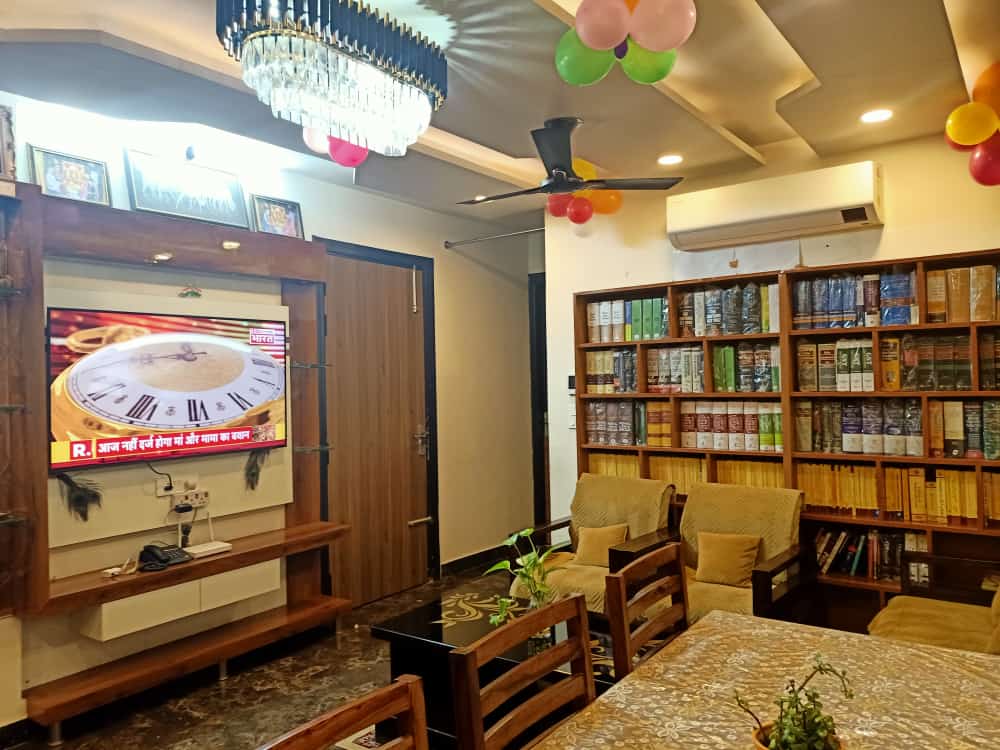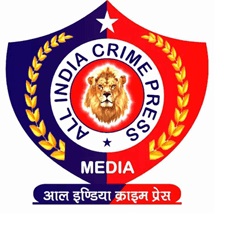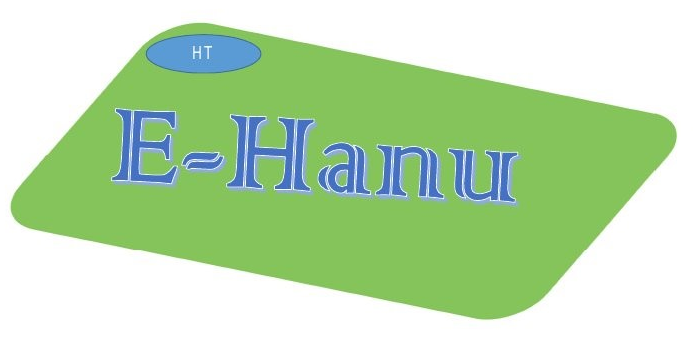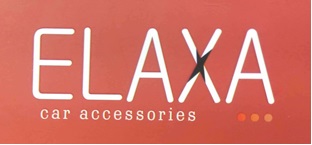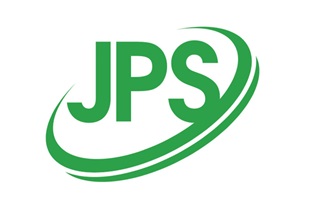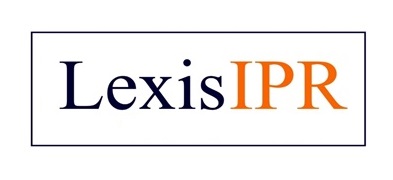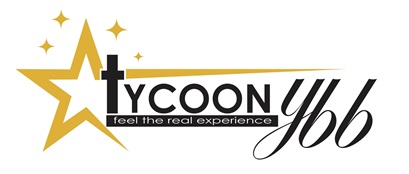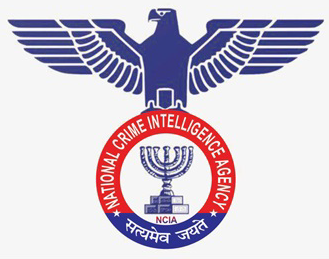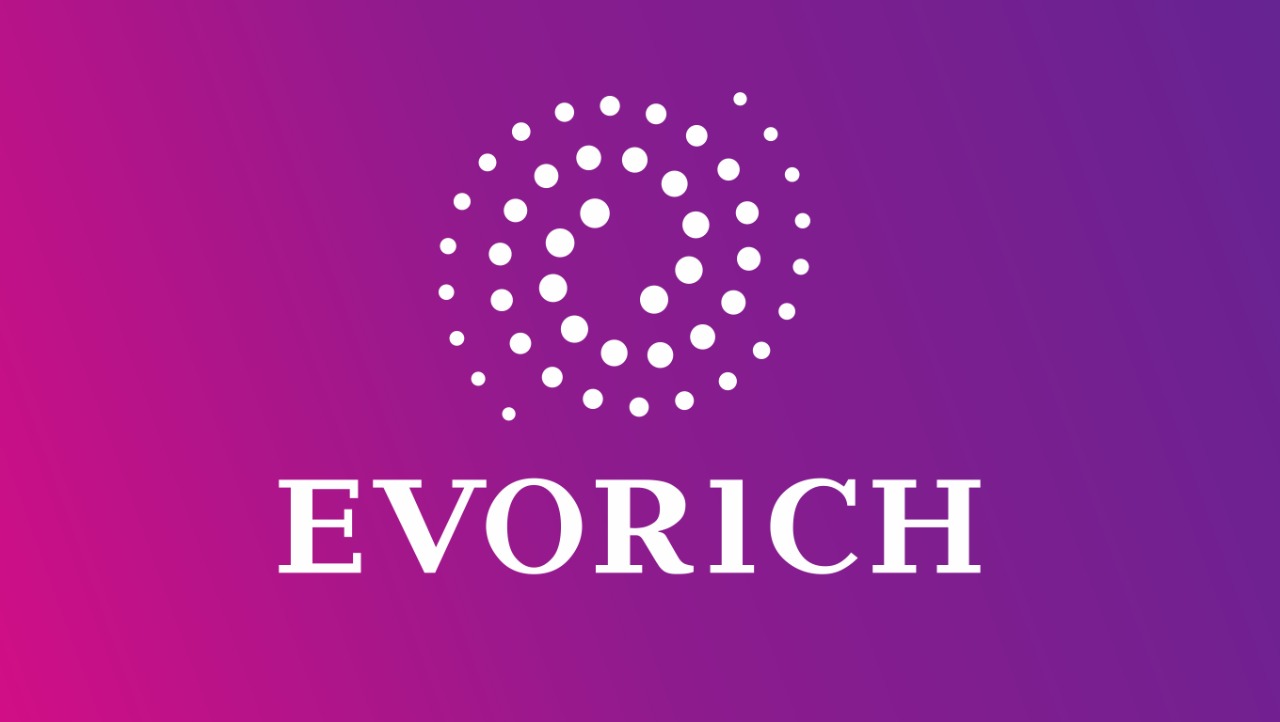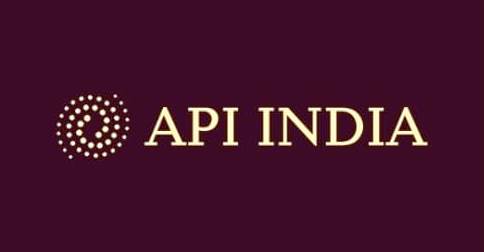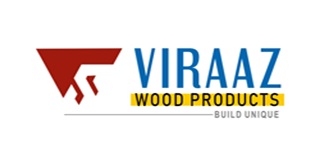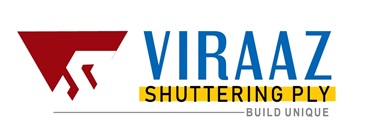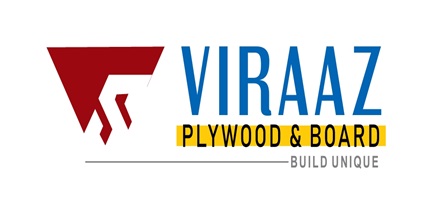BIS, ISI & ECO Marks
Incorporation & Registration, NGO Registration, Company Compliances, Corporate Contract Drafting, Manage Finance & Accounting, Taxation, Government Mandatory Registration
3000 +
Happy clients
300 +
Advocate, CA, CS
10 +
Associates Offices
Request A Call Back
BIS, ISI & ECO Marks
BIS Mark:
The Bureau of Indian Standards (BIS) is the national Standards Body of India working under the aegis of Ministry of Consumer Affairs, Food & Public Distribution, and Government of India. It is established by the Bureau of Indian Standards Act, 1986 which came into effect on 23 December 1986.

The BIS hallmark is a hallmarking system for gold as well as silver jewellery sold in India certifying the purity of the metal. It certifies that the piece of jewellery conforms to a set of standards laid by the Bureau of Indian Standards, the national standards organization of India. India is the second biggest market for gold and its jewellery.
- Gold: The BIS system of hallmarking of gold jewellery began in April 2000. The standard specifications governing this system are IS 1417 (Grades of Gold and Gold Alloys, Jewellery/Artefacts), IS 1418 (Assaying of Gold in Gold Bullion, Gold alloys and Gold Jewellery/Artefacts), IS 2790 (Guidelines for Manufacture of 23,22,21,20,19,19,17,16,14 and 9 carat Gold Alloys), IS 3095 (Gold solders for use in manufacture of jewellery)
- Silver: BIS introduced hallmarking for silver jewellery in December 2005 under IS 2112, the standard specification for ‘Hallmarking of Silver Jewellery/Artefacts
The testing of the jewellery as well as the marking is done in approved Assaying & Hallmarking Centres across the nation. These are private undertakings approved as well as monitored by the BIS
The mandatory status of hallmarking gold jewellery sold in India, although declared, is yet to be implemented. But it has a wide acceptance among consumers. This often leads to fake hallmarking of jewellery which is under the regular scrutiny of the bureau.
ISI Marks:
The ISI mark is a standards-compliance mark for industrial products in India since 1955. The mark certifies that a product conforms to an Indian standard (IS) developed by the Bureau of Indian Standards (BIS), the national standards body of India. The ISI mark is by far the most recognized certification mark in the Indian subcontinent. The ISI is an initial of Indian Standards Institution, the name of the national standards body until 1 January 1987, when it was renamed to the Bureau of Indian Standards. The ISI mark is mandatory for certain products to be sold in India, such as many of the electrical appliances like switches, electric motors, wiring cables, heaters, kitchen appliances, etc., and other products like Portland cement, LPG valves, LPG cylinders, automotive tyres, etc. In the case of most other products, ISI marks are optional.
It is very common in India to find products with fake ISI marks. That is, industrial traders cheat customers by affixing ISI marks on the product without actually getting certified. Fake ISI marks usually do not carry
- the mandatory 7-digit licence number (of the format CM/L-xxxxxxx, where x signifies a digit from the licence number) required by BIS; and;
- the IS number on top of the ISI mark which signifies the Indian standard a particular product is in compliance with.
ECO Mark:
Bureau of Indian Standard issues the certification mark “ECO MARK” to products which meets the standards that cause less impact on the environment. This scheme was mainly implemented to create awareness among the customers for protecting the environment. The mark to various product categories which meets the requirements of Indian Standards and are environmental friendly products. Mainly consumer goods and household goods are covered under this scheme. Type of product under this scheme is given below:-
Category of Product:
The following category of product is covered under this scheme which is administered by the Bureau of Indian Standards:
Cosmetics
| Textiles
| Batteries
| Wood Substitutes
|
Pesticides
| Paints
| Paper
| Plastics
|
| Lubricating/ Speciality Oils | Propellants and Aerosols
| Soaps and Detergents
| Leather
|
| Drugs, Foods Preservatives and Additives | Food Items (edible oils – including Vanaspati, Tea and Coffee)
| Electrical and Electronics Goods
| Packing/Packaging Materials |
Purpose of ECO Mark Scheme:
• To encourage the consumer to use and buy products which are environment friendly
• To provide reward and promote the initiatives taken by company for producing environmental friendly product.
• To provide incentives to manufacturers for reducing the adverse impact of its products on environment
• To improve the quality of environment and manage the available resource of India.
Criteria for ECO Mark:
ECO MARK Scheme is having its operation in all over India and provides certification and labelling for house hold and other consumer products which meets the prescribed environment requirements under the Indian Standards. The Indian Standards follows the following procedure for implementation of Scheme:-
- Inspection and Testing sample of product
- Assessment of production process.
- Disposal of waste and its utilization, recycling process, etc.
- Evaluation of product for ECO mark
- Eligible product shall be ISI Certified Product
Products under CRS:
The following products are falling under the (CRS) Compulsory Registration Scheme of the BIS & ISI: –
1 | Food, Water & Related Product | 15 | Steel Cylinders, Valves & Regulators |
2 | House Hold Electric Goods | 16 | Lab Plantation for Industrial & SME |
3 | Cement | 17 | Packaging drinking water testing |
4 | Diesel Engines | 18 | Steel product and Tyre testing |
5 | Oil Pressure Stoves | 19 | Foreign manufacturing certificate |
6 | Automobile Accessories | 20 | Automatic Data Processing Machine |
7 | Gold & Jewellery products | 21 | Electronic Clocks with Mains Power |
8 | Medical Equipment’s | 22 | Electronic Games (Video) |
9 | Steel Products | 23 | Electronic Musical Systems |
10 | Scanners, Cash Registers | 24 | Laptop/Notebook/Tablet/Mobile phone |
11 | Set Top Box, Passport Reader | 25 | Microwave Ovens/Power bank |
12 | Telephone Answering Machines | 26 | Optical Disc Players/Amplifier |
13 | Visual Display Units, Copying Machines | 27 | Plasma/LCD/Led Televisions |
14 | Wireless Keyboards etc. | 28 | Printers, Plotters, Point of Sale Terminals |


